Russia may be forced to deploy intermediate-range nuclear missiles in Europe: Ryabkov
Russia has raised the possibility of deploying intermediate-range nuclear missiles in Europe in response to a similar plan by the North Atlantic Treaty Organization (NATO), against the backdrop of the thorny issue of Ukraine.
Deputy Foreign Minister Sergei Ryabkov told Russia's RIA news agency in an interview on Monday that Moscow would have to go ahead with the deployment if NATO refused to engage with it on preventing further escalation over Ukraine.
Ryabkov said there were "indirect indications" that NATO was moving closer to re-deploying the Intermediate-Range Nuclear Forces (INF), including by restoration last month of the 56th Artillery Command, which operated nuclear-capable Pershing missiles during the Cold War.
"Lack of progress towards a political and diplomatic solution to this problem will lead to our response being of a military and technical military nature," the Russian diplomat said.
"That is, it will be a confrontation, this will the next round, the appearance of such resources on our side. Right now there aren't any, we have a unilateral moratorium. We call for NATO and the US to join this moratorium."
Ryabkov also stated that Russia has a "complete lack of trust" in the US-led military alliance.
NATO has previously expressed readiness to deter Russian missiles with a "measured" response that would only involve conventional weapons.
Intermediate-range nuclear forces in Europe were banned under a 1987 treaty agreed between former Soviet leader Mikhail Gorbachev and then US President Ronald Reagan in what was hailed at the time as a major easing of Cold War tensions. Washington pulled out of the pact in 2019 after complaining for years of alleged Russian violations.
Earlier, Ryabkov warned of a potential face-off if Washington and NATO failed to give Moscow security guarantees regarding NATO’s eastern expansion.
The United States, its NATO allies and Ukraine have over the past weeks accused Moscow of enlarging the number of troops near Ukraine's border for a possible invasion. Russia has dismissed the allegation, but it has warned against any provocation from Ukraine. Moscow says Washington is involved in aggressive moves in the Black Sea, where Ukraine and the United States have held military drills recently.
President Vladimir Putin of Russia has warned the West and Kiev against crossing the Kremlin's red lines over staging military exercises and sending weaponry to Ukraine.
Washington and its allies have been harping on about what they claim as Moscow's ill-intentioned plans for Ukraine since 2014, when a wave of protests overthrew Ukraine's democratically-elected pro-Moscow government and replaced it with a Western-leaning administration. A crisis followed after the majority of people in Ukraine's Donetsk and Lugansk regions refused to accept the new changes and took up arms against Ukrainian troops. Kiev and the Western countries accuse Moscow of having a hand in the crisis. Moscow denies the allegations.
Hamas slams Israeli settlers’ ‘criminal aggression’ in West Bank
VIDEO | Press TV's news headlines
VIDEO | Iran launches 'Holy Qur'an Does Not Burn' campaign to restore mosques damaged in unrest
VIDEO | Ramadan amid the rubble: Gaza’s historic Al-Zawiya market defies odds
UN sounds alarm over US-generated energy crisis in Cuba
Yemeni leader: US-Israeli focus on Iran stems From Tehran’s role in blocking their schemes
Iran’s progress ‘miraculous’ despite sanctions: Nuclear chief
Netanyahu fears fruition of Iran US talks


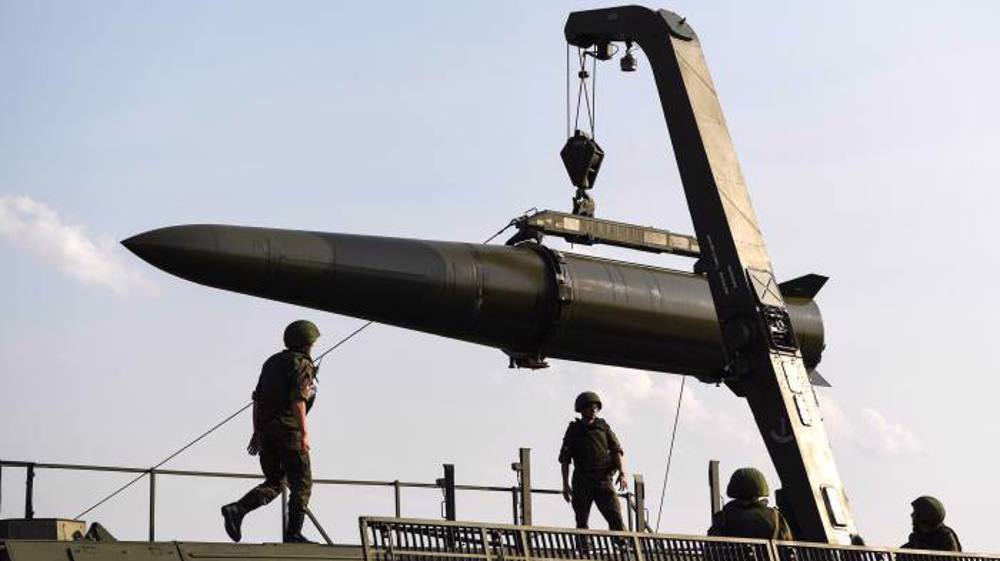
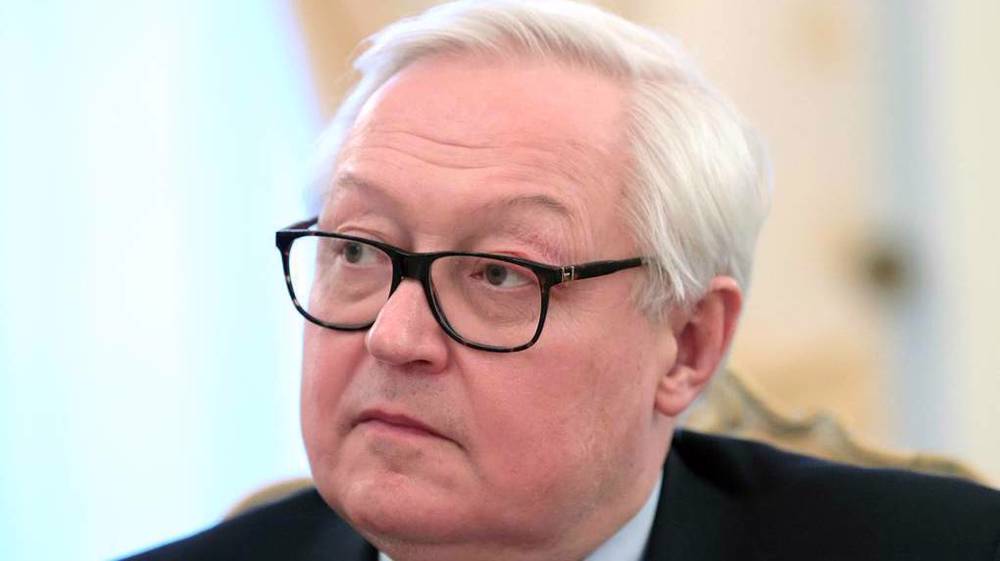
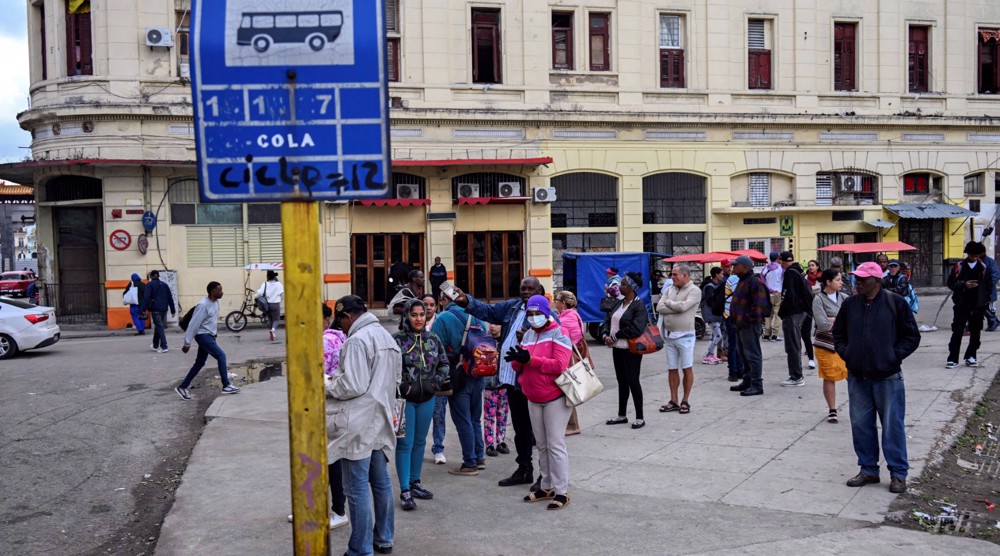
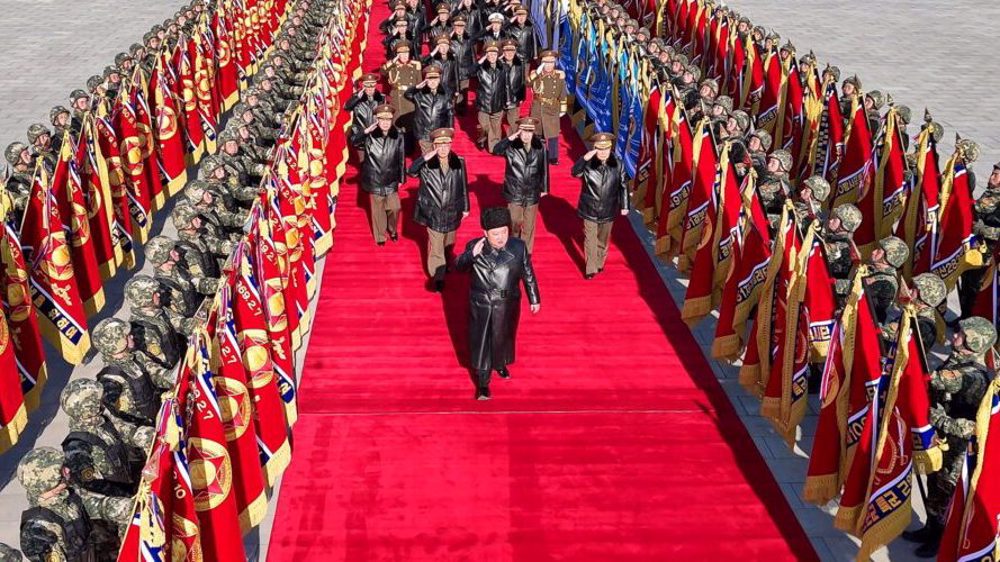
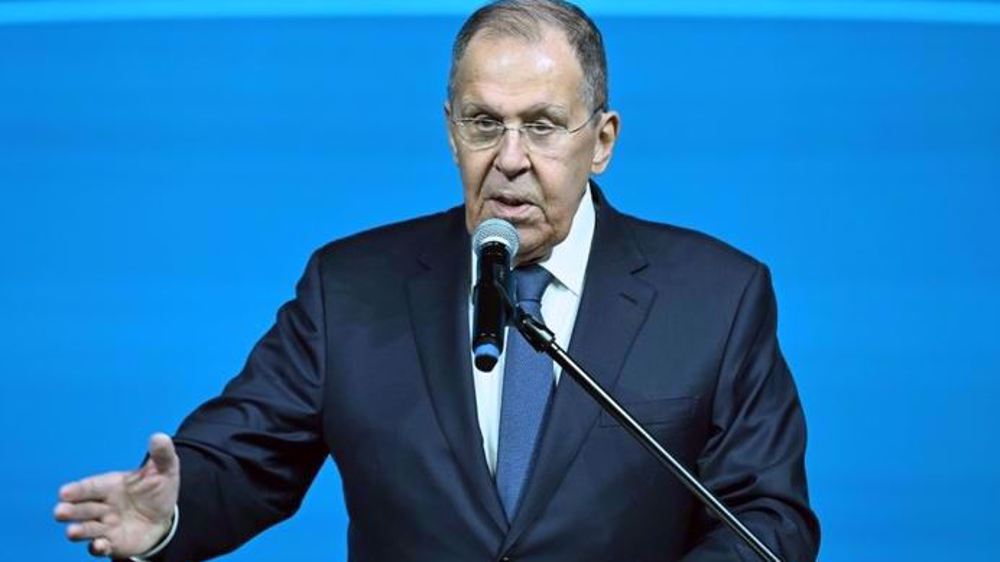




 This makes it easy to access the Press TV website
This makes it easy to access the Press TV website